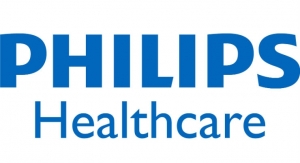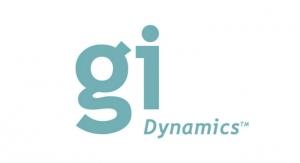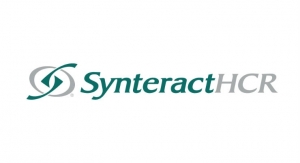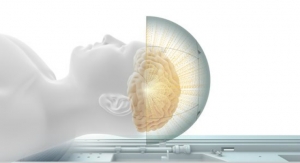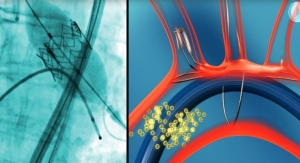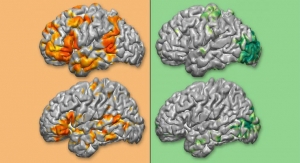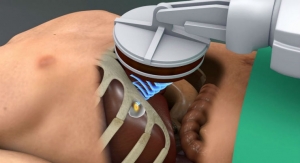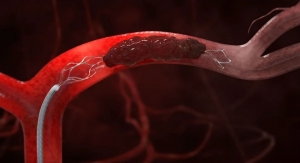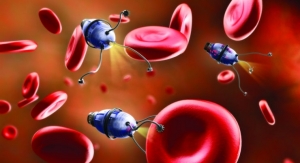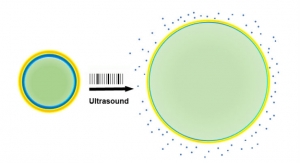Videos
First Alzheimer's Trial with Focused Ultrasound Begins
First Alzheimer's Trial with Focused Ultrasound Begins
No drugs will be administered in the study.
By Sunnybrook Hospital05.03.17
Researchers at Sunnybrook Health Sciences Centre in Toronto have begun the world’s first clinical trial evaluating the feasibility and safety of opening the blood-brain barrier (BBB) in patients with Alzheimer’s disease (AD) utilizing focused ultrasound.
For this trial, six Alzheimer’s patients, ages 50-85, will undergo two non-invasive focused ultrasound procedures. For the first stage, Insightec’s Exablate Neuro low-frequency platform will apply focused ultrasound in a small area of the right frontal lobe, and images will evaluate if the BBB was temporarily opened. In the second stage, approximately one month later, a similar procedure to the same patient will target a larger area of the right frontal lobe, and additional images will again evaluate if the BBB is reopened. No drugs will be administered in the study.
“Our trial investigates, for the first time, the use of focused ultrasound to open the BBB in patients with early-to-moderate AD, to determine both its safety and technical feasibility,” says Nir Lipsman, MD, co-principal investigator of the Sunnybrook study. “Results from our study will help us plan future clinical trials to establish what role focused ultrasound may play, whether alone or in conjunction with medical treatments, in the management of Alzheimer’s.”
Adds Sandra Black, MD, Senior Scientist and co-principal investigator at Sunnybrook, “It is possible that focused ultrasound may provide an important method for more effectively delivering antibodies to the brain and may therefore one day be a treatment for Alzheimer’s—we just don’t yet know. It is important to note that at this point we are assessing only the feasibility and safety of opening the blood-brain barrier in these patients.”
Alzheimer’s is the most common neurodegenerative condition, and it is estimated that by 2050, more than 13 million Americans will be diagnosed with AD, costing the US economy more than one trillion dollars. The accumulation of extracellular beta amyloid and intracellular neurofibrillary tangles (“plaques and tangles”) are believed responsible for cell death and tissue loss in Alzheimer’s patients. Medical treatments to date have been only modestly effective at slowing cognitive decline and can only treat the symptoms.
Funded by the Focused Ultrasound Foundation, this study lays the groundwork for using focused ultrasound to enable medications to reach the brain that are typically too large to penetrate the BBB. “An important challenge for Alzheimer’s disease therapeutics is the blood-brain barrier, which significantly limits the passage of potentially effective therapies into the brain,” said Foundation Chairman Neal Kassell, MD. “This effort is a small but critical step in what could potentially be a game-changing treatment by enhancing drug delivery to the areas of the brain where they are needed, and in much higher concentrations than can be achieved through intravenous or oral administration.”
“This is a significant milestone in the development of our MR-guided focused ultrasound technology,” added Eyal Zadicario, general manager at Insightec Israel, whose Exablate Neuro system is being used in the study. “Exablate Neuro was designed as a platform to support a wide range of transcranial applications and expand innovation in the neuroscience field. In the current study, Exablate Neuro is used in a new approach—to tackle neurodegenerative diseases by opening the BBB. This is just a first step, and we will continue to push the technology to make significant impact where it matters most—to patients.”
Related Searches:

